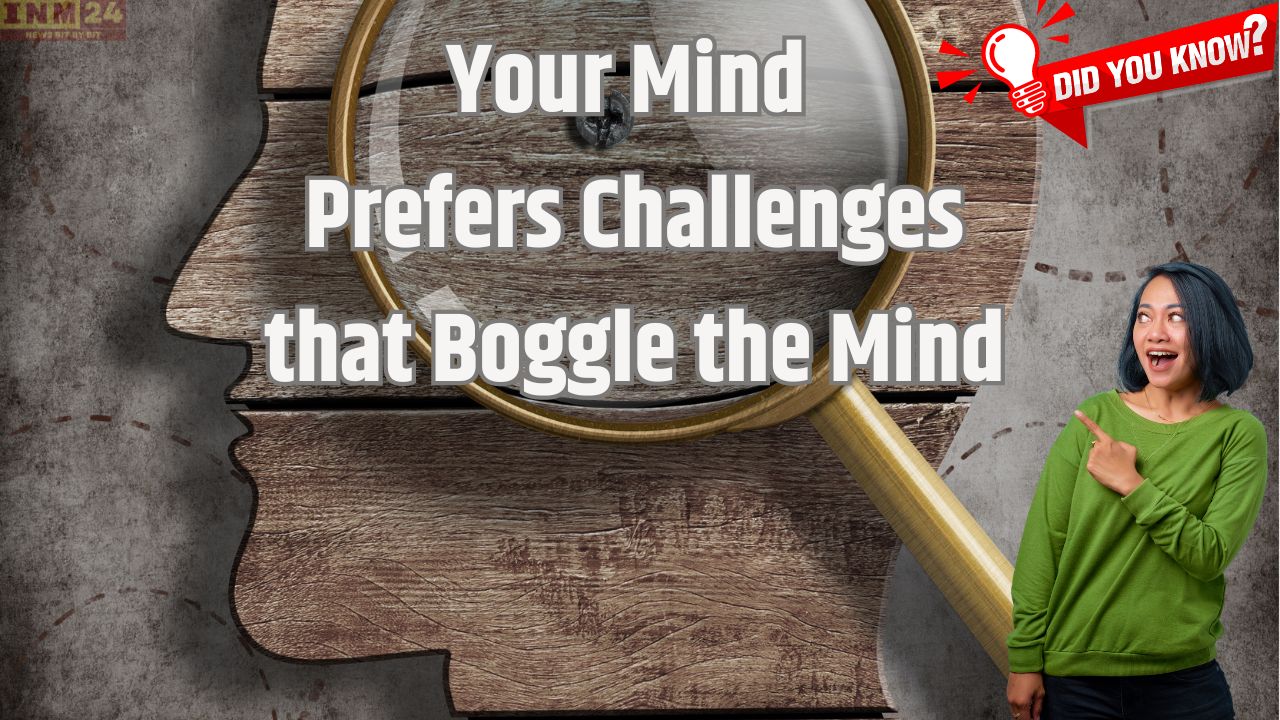Psychological Facts: A branch of science dedicated to the study of the mind and behavior, psychology strives to comprehend human mental processes, emotions, behaviors, and the intricacies of mental communication. Psychological studies cover various domains such as personality, social influence, memory, attention, dreams, and mental health. Psychological facts refer to verified and substantiated information obtained in the field of psychology through methods like laboratory experiments, surveys, observations, and case studies.
We share some intriguing psychological facts that shed light on the mysterious workings of the human mind
1. Power Corrupts
According to research in psychological science, the acquisition of power often leads to corruption. When individuals gain control, be it within a family, social group, or politically, they tend to misuse their authority. The association between power and arrogance is a common phenomenon as power brings about a disregard for others’ concerns.
2. The Brain Prefers Challenges
Astonishingly, the brain tends to remember negative experiences more than positive ones. A single negative incident can overshadow at least five positive memories. For instance, a person may recall a scolding from their boss more vividly than the praise they received.
3. The Mere Exposure Effect
People develop preferences for certain things because they are familiar with them. The more exposure one has to a person, brand, or idea, the more inclined they become to favor it. This phenomenon, known as the mere exposure effect, plays a crucial role in shaping individual preferences.
4. The Similarity in Decision-Making
The factors behind choosing a life partner and selecting items are surprisingly alike. Whether it’s choosing products online or selecting a life partner, decision-making involves similar psychological patterns. Companies in online dating and e-commerce strategically leverage these patterns for marketing and matchmaking.
5. Stay Busy, Stay Happy
Keeping oneself occupied translates to happiness. The very act of staying busy prevents excessive dwelling on negative thoughts. The constant engagement leaves little room for contemplating life’s negativity.
6. The Bystander Effect
